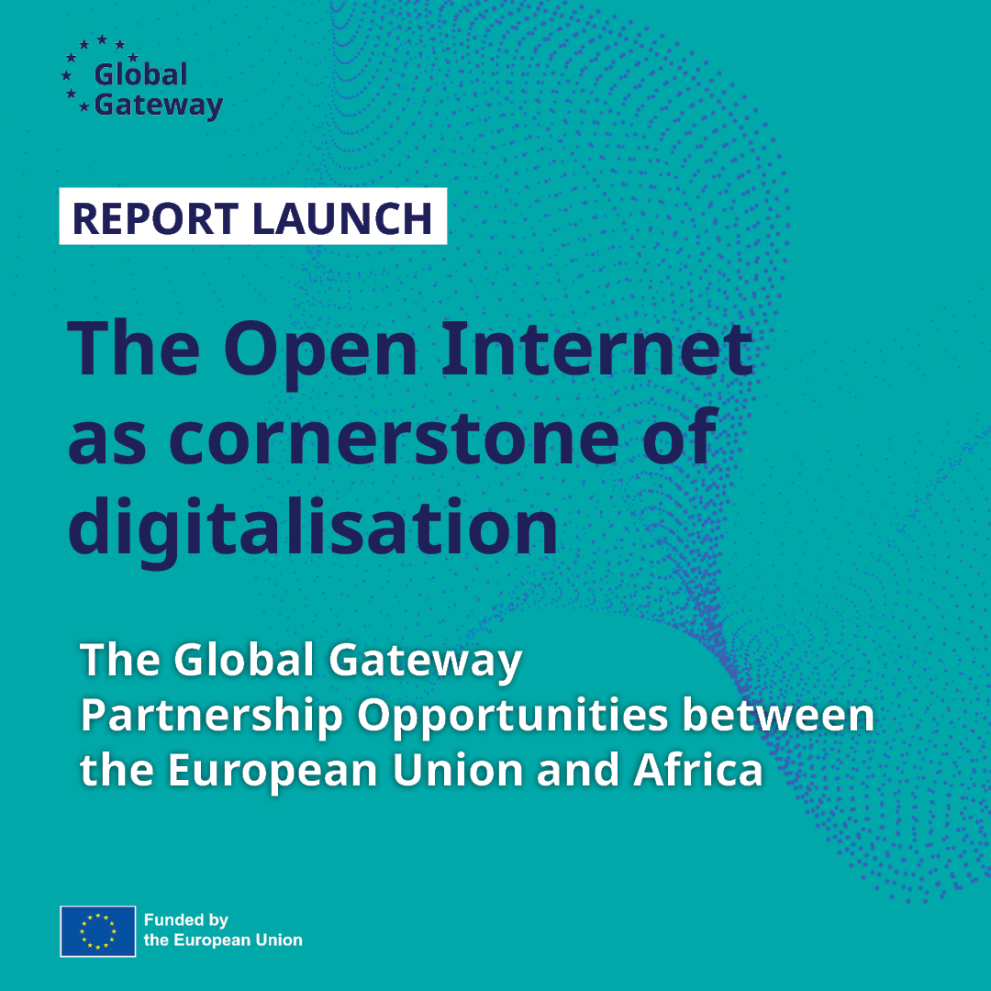
It sheds light on the crucial role of a free, global, reliable, affordable and secure internet in driving social and economic growth in line with the United Nations Sustainable Development Goals (SDGs) and the objectives of the African Union’s Agenda 2063.
According to the new report prepared by a team of independent experts contracted by the European Commission “Internet openness is key to enabling human-centric sustainable development and digital empowerment in Africa”.
The report highlights the ability of the Open Internet to create an environment that will enable and support Africa’s digital development and capitalise on its economic potential, since it operates on algorithms that respect people’s rights to access information, learn and improve digital skills, promote their business activities online, and protect their data.
As part of the EU’s policy of promoting an open, free, global, stable and secure internet based on the multi-stakeholder model of internet governance, the report identifies key areas and concrete opportunities for digital partnerships between Africa and the EU through the Global Gateway, the EU’s strategy for boosting smart, sustainable, affordable, and trusted connections across the globe. As HR/VP Borrell and Commissioner for International Partnerships Urpilainen stated last year “In the digital domain, Europe and other democracies must ensure that the standards of the future reflect our core values.”
With the Global Gateway, the EU is mobilising EUR 300 billion of infrastructure investments to strengthen connections between Europe and the rest of the world and to help partner countries address the digital divide through the Open Internet, as well as further integrate into the global digital ecosystem. Half of this amount – EUR 150 billion – will be dedicated to projects in Africa.
The report was produced in the framework of “Promotion and Development of the Open Internet in Africa”, a project funded by the EU.


Details
- Publication date
- 24 October 2022
- Author
- Service for Foreign Policy Instruments
